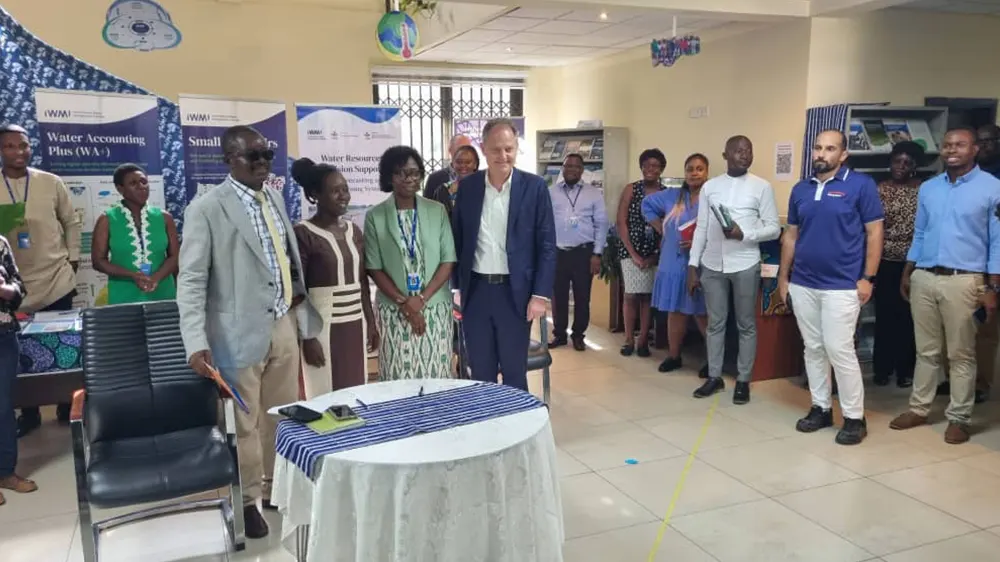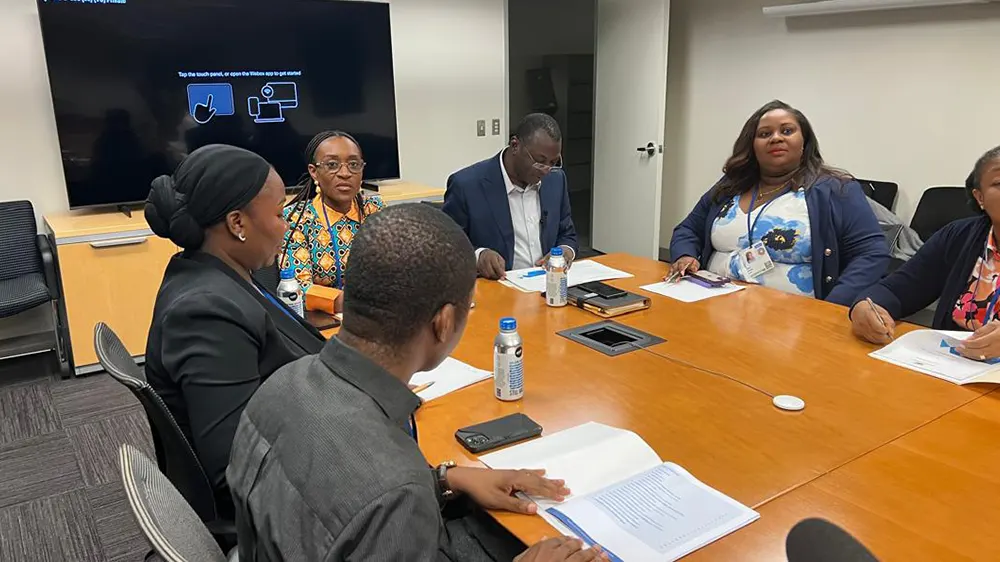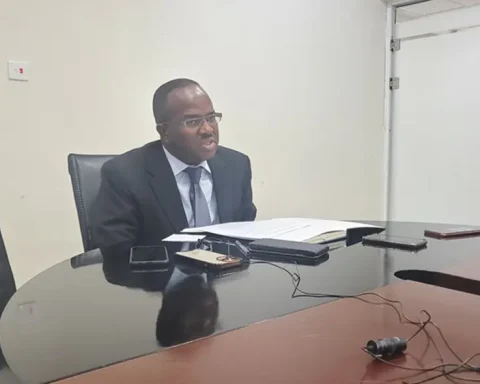The Ghana Irrigation Development Authority (GIDA) and the International Water Management Institute (IWMI) have cemented their commitment to sustainable water management and irrigation practices through the signing of a Memorandum of Understanding (MoU). The agreement, focused on research and training, aims to enhance water resource utilization among smallholder farmers while ensuring long-term sustainability.
Dr. Martin Smith, IWMI Director General, and Richard Oppong-Boateng, Acting CEO of GIDA, inked the five-year deal, emphasizing the importance of collaboration in addressing Ghana's water management challenges.
Mr. Oppong-Boateng underscored the significance of sustainable water resources for agricultural productivity and economic growth. Through the MoU, extensive research will be conducted to predict rainfall patterns and model water resources, fostering informed decision-making and resource optimization.
GIDA, responsible for managing over 180 irrigation schemes across Ghana, envisions harnessing the country's irrigation potential to benefit smallholder and commercial farmers alike. Mr. Oppong-Boateng expressed optimism that the partnership would contribute to achieving Sustainable Development Goal 6, focusing on water quality and sustainability.
Additionally, the MoU aims to leverage satellite imagery and modeling to design dams more effectively, mitigate climate change impacts through climate-smart technologies, and promote water conservation among farmers.
Dr. Smith emphasized IWMI's commitment to supporting sustainable irrigation development in Ghana, drawing on two decades of experience in water management. The partnership seeks to drive tangible impacts, both at policy and grassroots levels, aligning with national development priorities.
Dr. Olufunke Cofie, IWMI West Africa Regional Representative, highlighted the institute's collaborative approach to co-developing innovations with stakeholders, including waste-to-fertilizer initiatives. IWMI remains dedicated to empowering smallholder farmers and enhancing their livelihoods through improved irrigation practices and technology adoption.
The occasion served as an opportunity to showcase IWMI's contributions to agricultural water management, faecal sludge management, capacity building, and policy dialogue in Ghana. Stakeholders were also treated to a virtual reality experience, highlighting the institute's innovative approaches to water and sanitation challenges.
As Ghana navigates its water management complexities, the GIDA-IWMI partnership stands as a testament to the power of collaboration in driving sustainable development and improving livelihoods across the agricultural sector.









